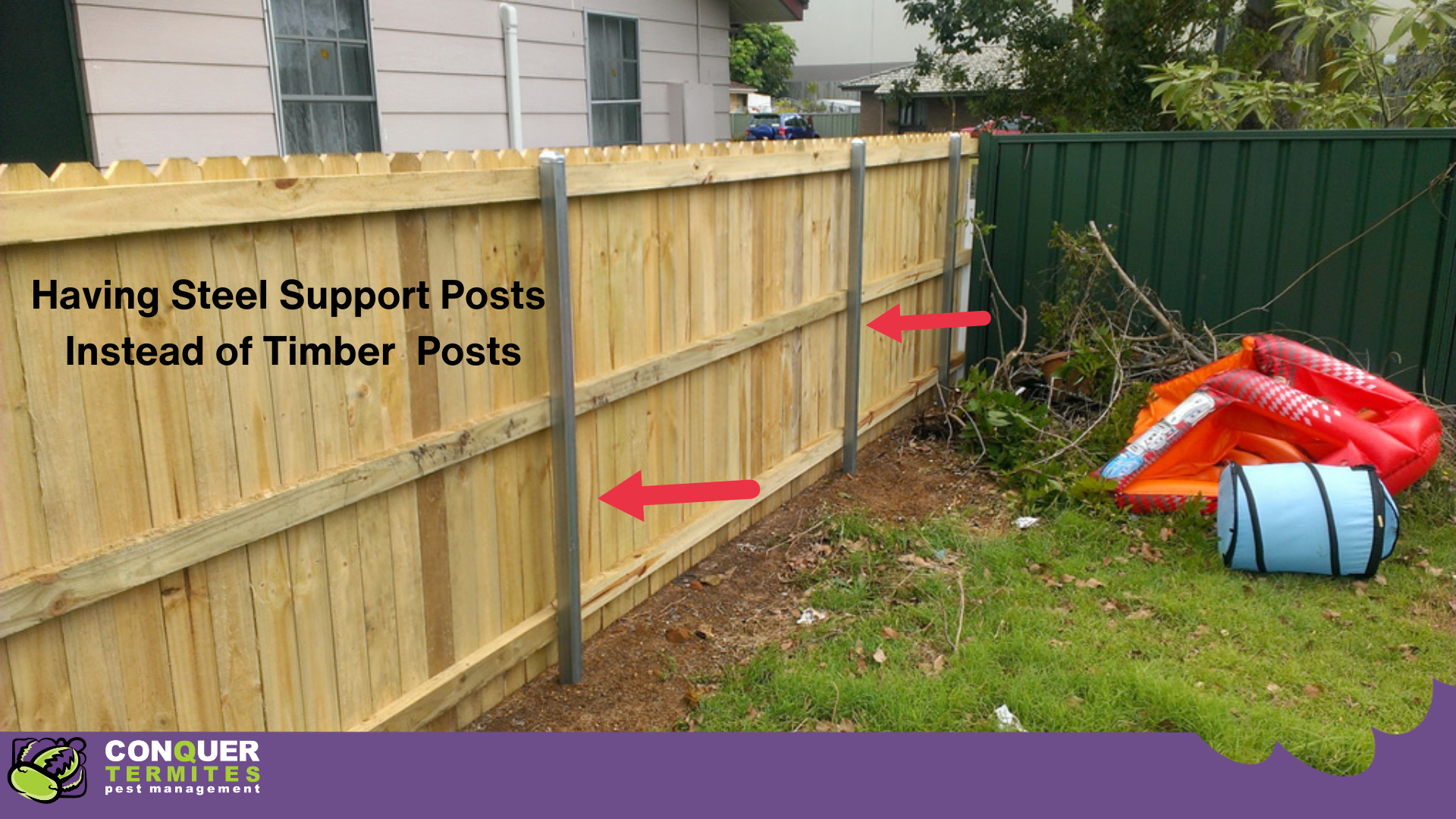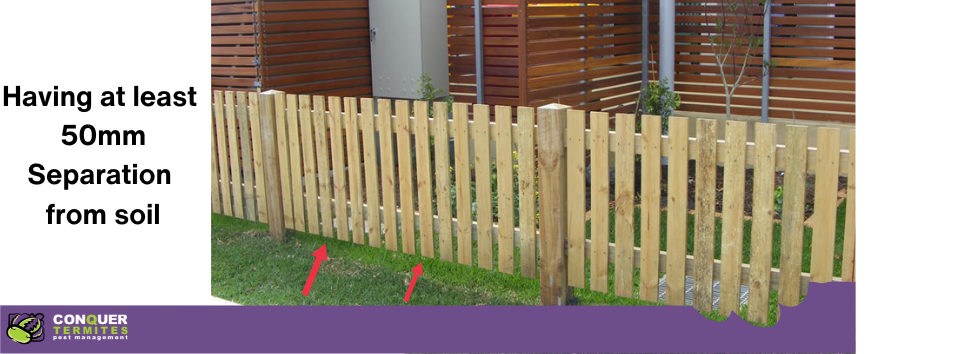Fences are an essential part of many homes, offering security, privacy, and enhancing curb appeal. However, they’re also a prime target for termites, especially in warm, humid regions like Brisbane. As more homeowners invest in outdoor living spaces, it’s crucial to ensure that termites aren’t silently turning your beautiful timber fences into a feeding ground.
Why Do Termites Target Fences?
Termites are constantly in search of food, and wood is their primary source of sustenance. Fences, especially timber ones, are often in direct contact with the ground, making them easy entry points for termites. Moisture from the soil and weather conditions can weaken wood, making it more attractive to these pests.
While termites usually go unnoticed in their early stages, an infestation in your fence can quickly lead to larger problems, potentially spreading to your home. Understanding how to spot early signs and prevent infestations is key.
Signs of Termite Damage in Fences
Recognizing termite activity early can save you from significant repairs. Look for these signs of termite damage:
- Hollow-sounding wood: Tap the fence; if it sounds hollow, termites may have eaten through the inside.
- Mud tubes: Termites build mud tubes to move between their nests and food sources, often found at the base of fences.
- Cracks in the wood: Visible cracks or damage could indicate termites have burrowed inside the wood.
- Swarms of winged termites (alates): During the warmer months, termites swarm in search of new nesting sites. If you see flying termites near your fence, it’s a strong sign of nearby activity.
How to Prevent Termites from Attacking Your Fence
Prevention is your first line of defense against termites. Here’s how to protect your fence in modern, effective ways:
Choose Termite-Resistant Materials: If you’re installing a new fence, opt for termite-resistant materials like treated timber, metal, or composite materials. Treated wood is infused with chemicals that deter termites, significantly reducing the risk of infestation.

Create a Barrier: Installing physical barriers under or around fence posts, like gravel or termite mesh, can make it harder for termites to access the wood. Chemical barriers, such as termite soil treatments, can also protect your fence.
Maintain at least 50mm gap: keeping separation from the soil to discourage foraging termites from reaching the timber fence.

Regular Inspections: Just like your home, your fence needs regular inspections to ensure it’s termite-free. Look for the telltale signs mentioned above and schedule professional inspections at least once a year. Early detection is crucial for preventing termite damage from spreading.
Treat the Soil: Apply termite treatment solutions to the soil around your fence. Modern chemical treatments, like termiticides, can provide long-lasting protection by killing termites upon contact.
Don’t Let Termites Spread from Your Fence to Your Home
One of the biggest risks of having termites in your fence is that they can easily spread to other structures, including your home. Fences are often connected to deck posts or outdoor structures, providing a direct path for termites to migrate into your house.
Protect Your Property with Professional Termite Management
While there are plenty of DIY termite prevention tips, the most effective way to protect your fence—and your home—is with a professional termite management system. At Conquer Termites, we specialize in proactive termite control strategies that stop termites in their tracks.
Our expert team uses advanced termite detection tools, chemical barriers, and baiting systems to ensure your fence and outdoor structures remain termite-free. We also offer comprehensive inspections, helping you catch termite activity early before it causes serious damage.
Call us Now
For more information on termites in fences:
https://www.conquertermites.com.au/articles/termites-in-fences-brisbane/




